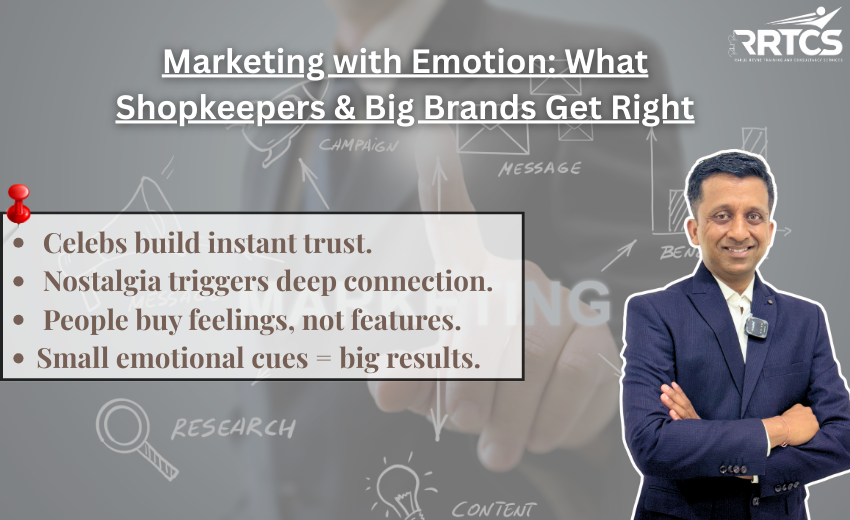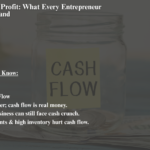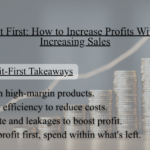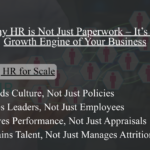
In the dynamic world of business, where strategies and competition evolve daily, one factor remains timeless — human emotion. Whether you’re a small shopkeeper or a multinational brand, the ability to connect emotionally with your customer can be the difference between a one-time sale and lifelong loyalty.
At RRTCS (Rahul Revne Training & Consultancy Services), we believe that success in business is not just about great products — it’s about understanding human behavior and building meaningful connections. Let’s explore how smart marketing techniques, both simple and sophisticated, are designed to win hearts — and why your business must pay attention.
1. The Shopkeeper’s Trick: Psychology at Eye-Level
Ever noticed how chocolates and candies are placed right at the eye level of children in supermarkets or local stores? That’s not a coincidence. It’s a classic example of consumer psychology in action.
Children are naturally attracted to colorful packaging and sweet treats. By placing these items where children can easily see them, shopkeepers increase the chance of a purchase — often driven by impulse and emotional pressure on parents. This is micro-marketing, and when used strategically, it can significantly boost sales.
As a business owner, ask yourself: What’s at eye level for your customers? Are you positioning your most emotionally appealing offerings where they’ll be seen first?
2. Celebrities and Emotions: Building Trust through Familiar Faces
Big brands invest crores to bring celebrities onboard — not just for glamour, but for emotional association. When we see our favorite actor or cricketer endorsing a product, we subconsciously transfer our trust and admiration for them to the brand.
This emotional marketing technique helps in:
- Building instant credibility
- Creating a sense of aspiration
- Forming a deep emotional bond
Even if you don’t have a celebrity budget, think about your brand ambassadors — satisfied clients, employees, or community influencers. Authentic stories and relatable faces can often outperform traditional ads in impact.
3. Nostalgia in Advertising: Memories That Sell
Some advertisements stay with us forever — not because of the product, but because of the memories they evoke. Think of ads that remind us of childhood, family moments, or simpler times. These nostalgic elements tap into emotions like love, safety, and happiness, making the brand feel like a part of our lives.
For example:
- A dairy brand showing a grandmother serving warm milk
- A textile brand showcasing school uniforms from the 90s
- Festive ads with traditional songs and cultural symbols
These campaigns aren’t just selling products — they’re selling feelings. And feelings convert far better than features.
Emotional Marketing: A Game-Changer for Growing Businesses
As a business consultant, I often tell entrepreneurs: “Marketing is not manipulation — it’s connection.”
By paying attention to small details and understanding emotional triggers, businesses can craft a unique brand identity that resonates deeply with customers.
Here are a few quick takeaways:
- Use strategic product placement based on behavior insights
- Leverage influencers or testimonials to build trust
- Tap into nostalgia to strengthen emotional engagement
- Align your brand voice with authentic human stories
At RRTCS, we help businesses uncover these emotional touchpoints and integrate them into powerful marketing strategies that drive sustainable growth.
In the end, people may forget what you said, but they’ll never forget how your brand made them feel. Let your marketing speak the language of emotion — and watch your business transform.
Author Bio
Mr. Rahul Revne
Founder of RRTCS (Rahul Revne Training & Consultancy Services), Mr. Rahul Revne is a powerhouse of business transformation with over 20 years of expertise in HR, Sales, Strategy, and business consulting.
Renowned for turning struggling ventures into multi-crore success stories, he’s a trusted growth architect for entrepreneurs. As the author of the acclaimed Entrepreneurial Series and Spirit of Inspiration, his mission is to ignite purpose, performance, and innovation in today’s business leaders.












